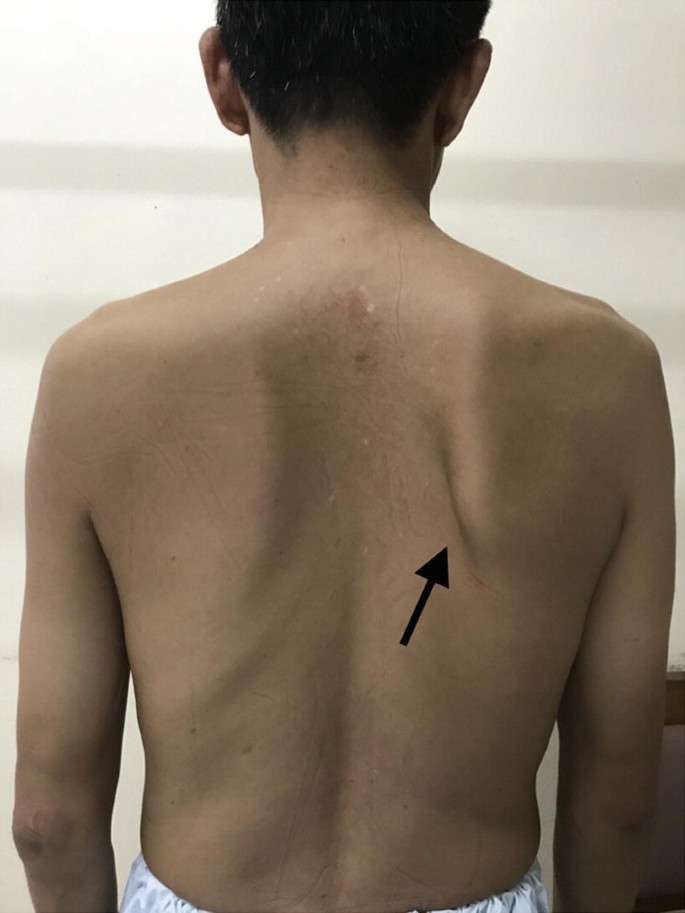At Dr Tayyab saleem malik clinic (Cosmetic Enclave)
Brachial plexus injuries refer to damage or trauma to the network of nerves that originate from the spinal cord in the neck and extend into the arm. The brachial plexus is responsible for controlling the movement and sensation of the shoulder, arm, and hand. These injuries commonly occur due to trauma, such as motor vehicle accidents, sports injuries, or falls, and can vary in severity.
There are different types and levels of brachial plexus injuries, ranging from mild stretching or compression of the nerves (neurapraxia) to partial or complete tearing of the nerves (avulsion). The severity of the injury and the specific nerves affected determine the symptoms and prognosis.
Common symptoms of brachial plexus injuries include pain, weakness, numbness, and limited range of motion in the affected arm or hand. More severe injuries may result in complete loss of movement and sensation in the affected limb.
Treatment for brachial plexus injuries depends on the severity and type of injury. In mild cases, conservative approaches such as physical therapy, occupational therapy, and pain management techniques may be sufficient to promote nerve healing and restore function. However, in more severe cases, surgical intervention may be necessary.
Surgical options for brachial plexus injuries include nerve grafting, nerve transfers, and tendon transfers. Nerve grafting involves replacing damaged or torn nerve segments with healthy nerve tissue from another part of the body. Nerve transfers involve transferring a healthy nerve from one area to another to restore function. Tendon transfers involve rerouting tendons from less critical muscles to restore movement in paralyzed or weakened muscles.
Recovery from brachial plexus injuries can be a lengthy and complex process. It often involves a combination of surgical intervention, rehabilitation, and ongoing therapy to maximize functional recovery. The extent of recovery varies depending on the severity of the injury, the timing of treatment, and individual factors.
It is crucial for individuals with brachial plexus injuries to seek medical evaluation and treatment from a specialized healthcare provider experienced in managing these types of injuries. They can provide a comprehensive assessment, determine the most appropriate treatment plan, and guide patients through the recovery process.
While brachial plexus injuries can have a significant impact on daily life and function, with proper medical care and rehabilitation, many individuals can achieve improved movement, sensation, and quality of life. Ongoing research and advancements in surgical techniques continue to offer hope for better outcomes in the management of brachial plexus injuries.

